Hidden costs of iOS: Apple users paying more for everyday apps
Using common apps like Uber, Ola, MakeMyTrip, and Yatra can be more expensive on iOS than on Android, leading Apple users to pay extra for everyday services
Bengaluru, 27 Dec
The biggest struggle in purchasing an Apple device is paying a bomb for it. But, that is just the beginning of a journey of sky-high expenses. Using common apps like Uber, Ola, MakeMyTrip, and Yatra can be more expensive on iOS than on Android, leading Apple users to pay extra for everyday services.
Let’s consider an instance while
hailing a ride on Uber. When Salar News booked a 5-kilometre ride in Bengaluru,
the fare for an Uber Auto was Rs 154 on an iPhone, compared to just Rs 121 on
an Android device for the same trip. Similarly, flight and hotel bookings on
apps such as MakeMyTrip and Yatra can cost at least 10 per cent more on iOS
than on Android.
Many Apple users say the company is
robbing its customers. “It is unethical,” Alia (name changed), a psychologist
and iOS user from Bengaluru, told Salar News. “Maybe this is a class thing
because iPhones are supposed to be for richer or cooler people. The brand does
not justify the higher price.”
Apple Tax
So, what’s driving this discrepancy? Industry experts point to “Apple Tax” — a 30 per cent commission fee that Apple charges developers for using App Store and in-app payment system. While this tax applies to many transactions on iOS apps on gaming, gambling and OTT platforms, some categories, such as food, physical goods and flight tickets, are reportedly exempted. Apple should not impose higher charges on services such as Uber or Ola either. For subscriptions such as Netflix and YouTube Premium, Apple’s commission is unavoidable, leading apps to pass those costs onto consumers.
Subscriptions face a 30 per cent
commission fee in the first year, then it is reduced to 15 per cent each year
after. Google, by contrast, charges third-party subscription apps a flat 15 per
cent commission.
Amal Sony, a Pennsylvania-based app developer, said Apple charges developers an annual fee of $99 (Rs 8,350), apart from the commission, for the App Store while Play Store takes $25 (Rs 2,100) for the same. The $99 cost plays a role in the pricing of small developers, he said. Although Apple’s guidelines specify that apps should not exploit users, the company has yet to address or take action against apps that appear to be inflating costs on iOS devices.
The apps in question and Apple refused to comment on the inflated costs.
Apple users question value of iOS amid higher app charges
The increased charges on everyday apps on Apple devices have raised doubts among users on whether to continue with iOS phones. “We’re paying a premium for using iOS. It is frustrating to be paying more for the same service, especially when there’s no clear benefit in return. It makes me wonder if sticking with iOS is worth it,” Abdul Hannan, a student from Jain PU College here, told Salar News.
No 3rd party for payments
Apple’s strict policies mandate apps use its in-app payment system, preventing developers from employing third-party services that would allow them to bypass the 30 per cent ‘Apple Tax’. Violating this policy can result in apps being removed from the App Store, as was the case with Epic Games in 2020 when they launched an alternate payment system for gaming app Fortnite; Apple later removed Fortnite from the App Store.
The cost of acquiring new users is
also more: it reportedly costs $5.11 (Rs 429.85) per app installed on the App
Store compared to $4.61 (Rs 387.79) on Google Play. It is a price the apps pay
advertising platforms such as Google Ads or Facebook Ads each time a user
installs their app after clicking on an ad.
Physical goods
Even if Apple claims not to impose extra charges on physical goods, users are paying more than they would on Android. A Flipkart user, Saurabh Sharma, recently took to X to highlight the price difference for the same product. “The same Mokobara cabin suitcase costs Rs 4,119 on Flipkart’s Android app vs Rs 4,799 on the iOS app. Apple charges a 30 per cent commission on subscriptions, etc., so different pricing for iOS makes sense there. But for e-commerce? Very shady and unfair," Sharma wrote.
Bypassing high price
Netizens claim that they avoided the higher prices on iOS by purchasing subscriptions for apps such as Google Storage on a Windows PC using the same email ID or account that was on their Apple device.
Maaz Mohammed, who is pursuing his
Master’s in Artificial Intelligence at the University of Cleveland, told Salar
News, that Apple products are part of the most high-end technology, hence the
high pricing. “The apps are not at fault since they have to pay Apple the extra
fee, and they make up for it with increased prices,” he said.
Same price for OTT subscriptions
With the 30 per cent fee on in-app purchases, one might expect that OTT subscriptions for iOS users would be higher than for Android users. However, Salar News found that the prices for these subscriptions are the same across both platforms. So, why aren’t OTT services charging different prices when everyday physical goods apps do?
Well, Apple Tax is not the sole
reason for the discrepancy. Author of ‘Daily Coffee & Startup Fundraising’
and Instagram influencer Sarthak Ahuja, who has over 1.9M followers, said these
apps use a method called ‘Occasion Based Pricing and Promotion for Consumer
Goods’ (OBPPC) to decide on pricing for customers.
Uber, Ola, Amazon, flight and hotel
booking apps and food delivery apps opt for price discrimination under OBPPC to
quote a price users are willing to pay, irrespective of the platform. For
example, Uber and Ola will charge more depending on rush hours or if it starts
raining. Apps collect users’ history, such as the items they purchased and the
amount of money that was spent per month, and personalise their rates for you.
Simply put, they will charge you more if you can afford it.
Yashwanth, Grievance Officer with
Ola, told Salar News that pricing is dynamic and depends on a variety of
factors including the demand in the area and supply. “External factors such as
weather and holidays can also impact pricing,” he said.
Pricing issue raised in many countries
This difference in pricing has previously been reported in other countries. In May 2023, a US citizen Ross Hecox from Maryland sued US-based food delivery app DoorDash, claiming that the delivery service charges extra fees for orders made on iPhones compared to Android devices. It was alleged that customers using DashPass, DoorDash’s subscription service, are hit with additional costs on each order.
Amal Sony, who has been coding
since he was a teen and has developed two apps, said Android and iOS apps are
not directly compatible, so the app developers need separate teams for each
platform: one for Android and one for iOS, which costs app developers more. “In
India, there are far more Android users than iOS users, so the overhead costs
for Android are smaller than iOS, which results in higher prices for users.
Additionally, iOS development requires Mac computers, adding to the overall
costs,” he added.
Apple guidelines
Meanwhile, Apple guidelines state that apps should never prey on users or attempt to rip off customers, raise prices in a tricky manner, charge for features or content that are not delivered, or engage in any other manipulative practices within or outside of the app. “And while pricing is up to you, we won’t distribute apps and in-app purchase items that are clear rip-offs. We’ll reject expensive apps that try to cheat users with irrationally high prices,” Apple tells the developers.
However, even with its guidelines,
Apple has not taken any action against DoorDash or other apps violating the
guidelines.
A lot of spending
A 2016 report by AppsFlyer, the leading global mobile marketing attribution analytics company, says iOS users spend nearly 2.5 times more than Android users: $1.08 (Rs 90.85) vs $0.43 (Rs 36.17) monthly per app. The average purchase amount is $12.77 (Rs 1,074.22) on iOS and $6.19 (Rs 520) on Android. It says Asian users spend 40 per cent more on in-app purchases than the rest of the world.
In India, iOS users spend around
5.5 times more than Android users $1.12 (Rs 94.21) to $ 0.20 (Rs 16.81), and
iOS users are three times more likely to spend on apps than Android users.
Projections suggest that by 2027,
iOS users will spend around $125 billion on in-app purchases, while Android
users will spend $60 billion.
Abdul Hannan claims that iPhone
users are caught in a cycle where they are paying more not just for the device,
but also for the services on it.
‘It is deception’
“It is highly unethical and unlawful for Apple and the apps to charge extra without informing users. It is deception, and that is not okay,” iOS user Alia said. Apple and the apps need to address this issue publicly and “not over a post on social media”, she said.
Saandra, an iOS user, thinks Apple
will not address the problem till it becomes a widely discussed issue. “I would
like for them to make prices fair, but that would also mean Google and other
big tech companies would do the same,” she said.
Uber, MakeMyTrip, Yatra and Google
did not reply despite Salar News repeatedly mailing them; Apple refused to be
quoted for the story.
Apple over Android
Even with the pricing issues, users say they would prefer Apple over Android any day because of its privacy and security features. “I feel confident that my data is safeguarded, and the regular updates ensure I'm always protected against the latest threats,” said Priya, a 21-year-old student from Bengaluru.
Faraz, a Bengaluru techie, says he
would choose iOS over Android any day as it has better performance, camera, and
security. “The high price is worth it,” he said.
In July 2024, the antitrust body, the Competition Commission of India, found that Apple exploited its dominant position in the app market, forcing developers to use its proprietary in-app payment system. Apple has denied any wrongdoing, claiming it is a small player in India’s smartphone market, which is largely dominated by Android devices. This scrutiny is not limited to India.
In March 2024, Apple was fined over
€1.8 billion by the European Commission for preventing competitors like Spotify
from informing users about payment options outside the App Store. To resolve a
similar antitrust case in the EU, Apple has begun allowing rival mobile wallets
access to its “tap to pay” functionality. Meanwhile, South Korea has passed a
law banning the practice of requiring apps to use a single payment system,
although its implementation has faced delays.
Leave a Reply
Your email address will not be published. Required fields are marked *
hhvxqymqn
SALAR NEWS <a href="http://www.gt8066m07ry5ji3328lxzzgvg22484oys.org/">ahhvxqymqn</a> [url=http://www.gt8066m07ry5ji3328lxzzgvg22484oys.org/]uhhvxqymqn[/url] hhvxqymqn http://www.gt8066m07ry5ji3328lxzzgvg22484oys.org/
hwxdonzsft
SALAR NEWS <a href="http://www.gk785l6xh0r8u9zm927ihmp9qkk40749s.org/">ahwxdonzsft</a> hwxdonzsft http://www.gk785l6xh0r8u9zm927ihmp9qkk40749s.org/ [url=http://www.gk785l6xh0r8u9zm927ihmp9qkk40749s.org/]uhwxdonzsft[/url]
crddxkgy
SALAR NEWS <a href="http://www.gs989e349041pos95xlny7w0g98mmot2s.org/">acrddxkgy</a> [url=http://www.gs989e349041pos95xlny7w0g98mmot2s.org/]ucrddxkgy[/url] crddxkgy http://www.gs989e349041pos95xlny7w0g98mmot2s.org/
jlefdckxtd
SALAR NEWS jlefdckxtd http://www.gcpg411qoi793q5kl85m9w359tcs7y71s.org/ <a href="http://www.gcpg411qoi793q5kl85m9w359tcs7y71s.org/">ajlefdckxtd</a> [url=http://www.gcpg411qoi793q5kl85m9w359tcs7y71s.org/]ujlefdckxtd[/url]
Joshuamub
https://continent-telecom.com/virtual-number-turkey
ThomasMem
https://athens-rentalcars.com/it/
descargar betcha
And I have faced it.
1xbet
Willingly I accept. An interesting theme, I will take part. Together we can come to a right answer.
20 bet
I join. And I have faced it. Let's discuss this question.
avenue18
What necessary words... super, a magnificent phrase









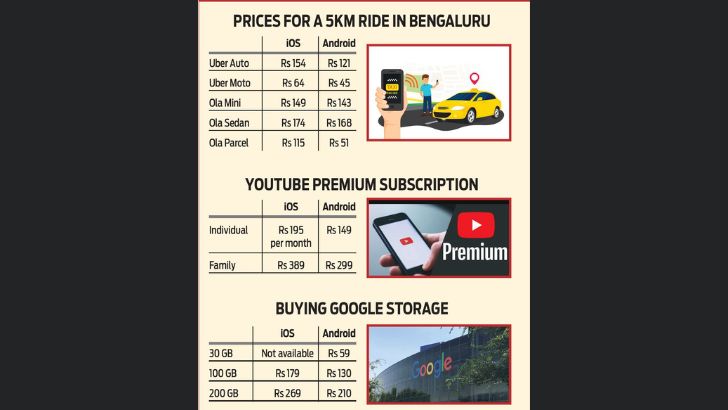
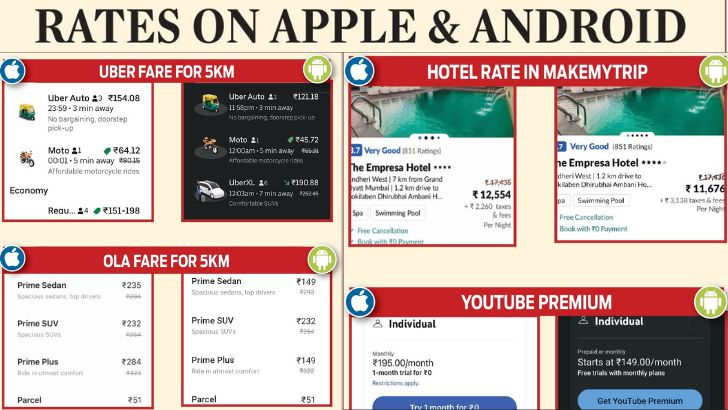

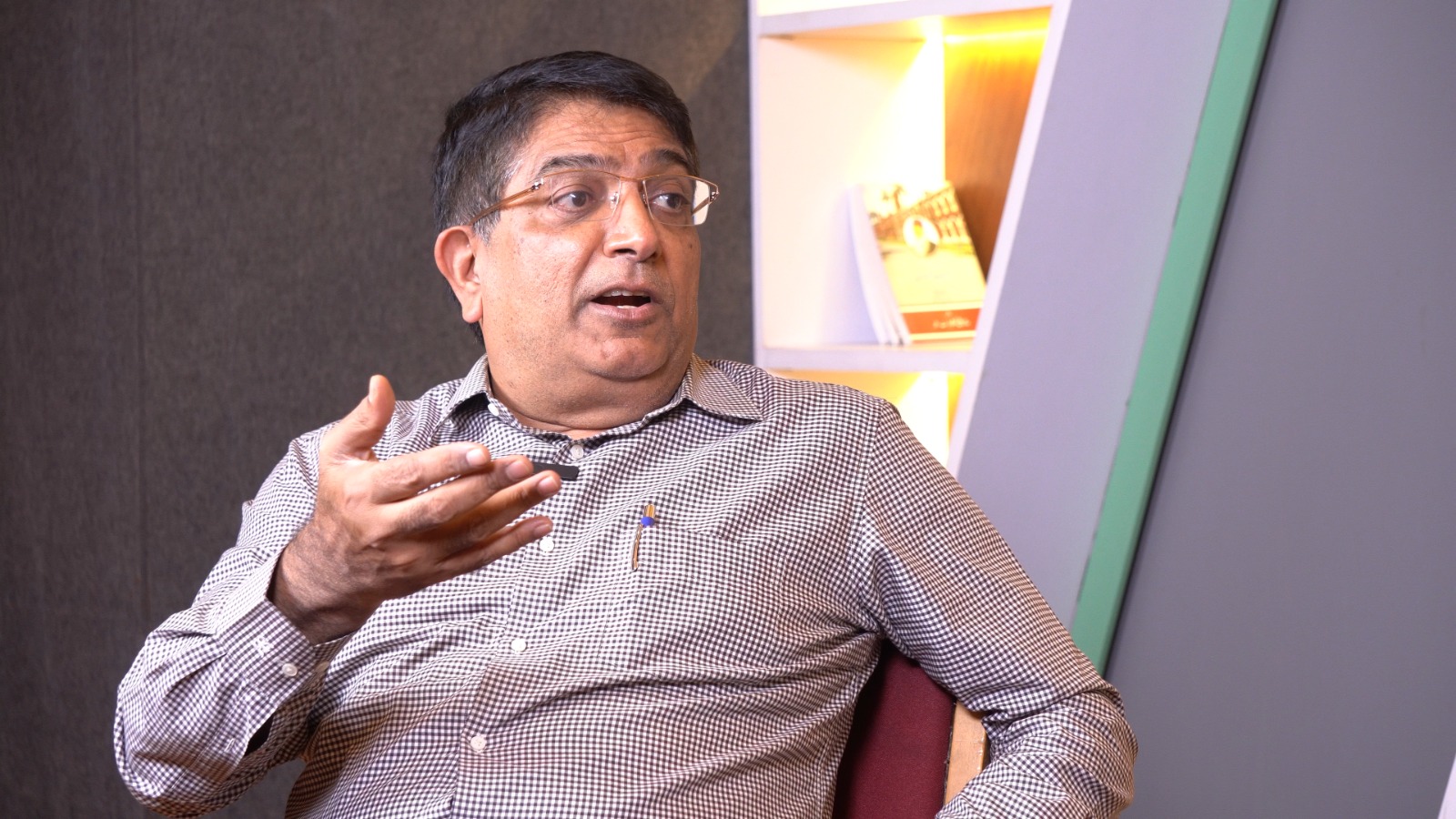
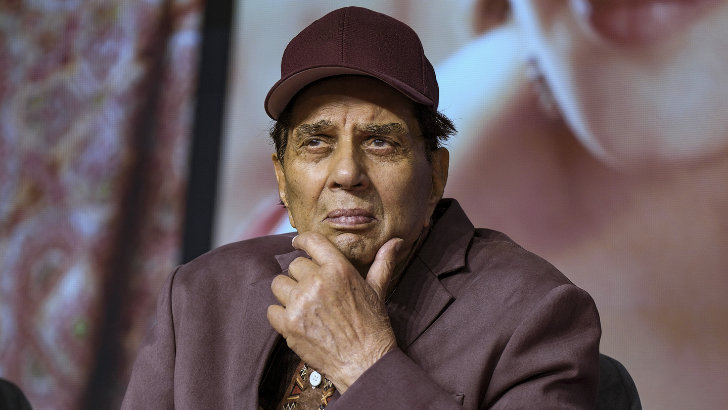
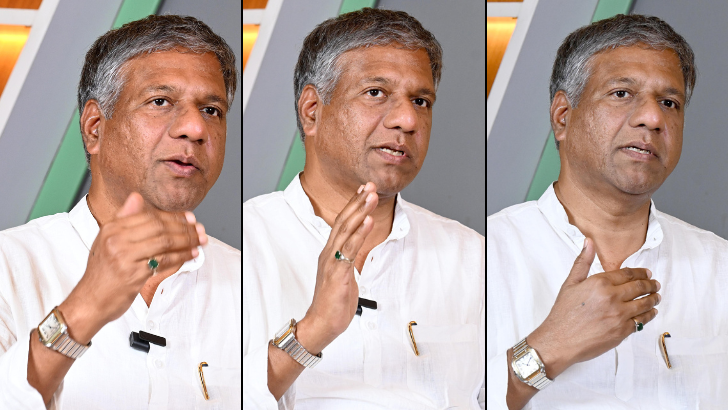
.png)
.png)
.png)
.png)

.jpg)

